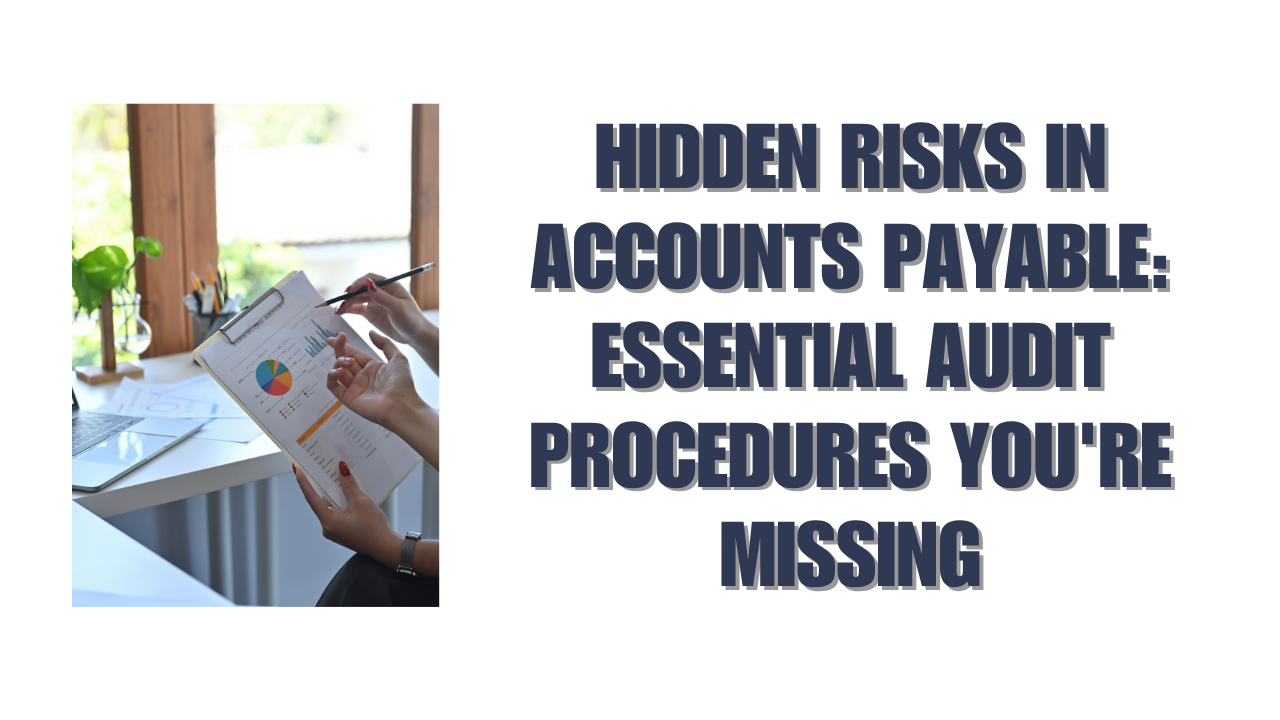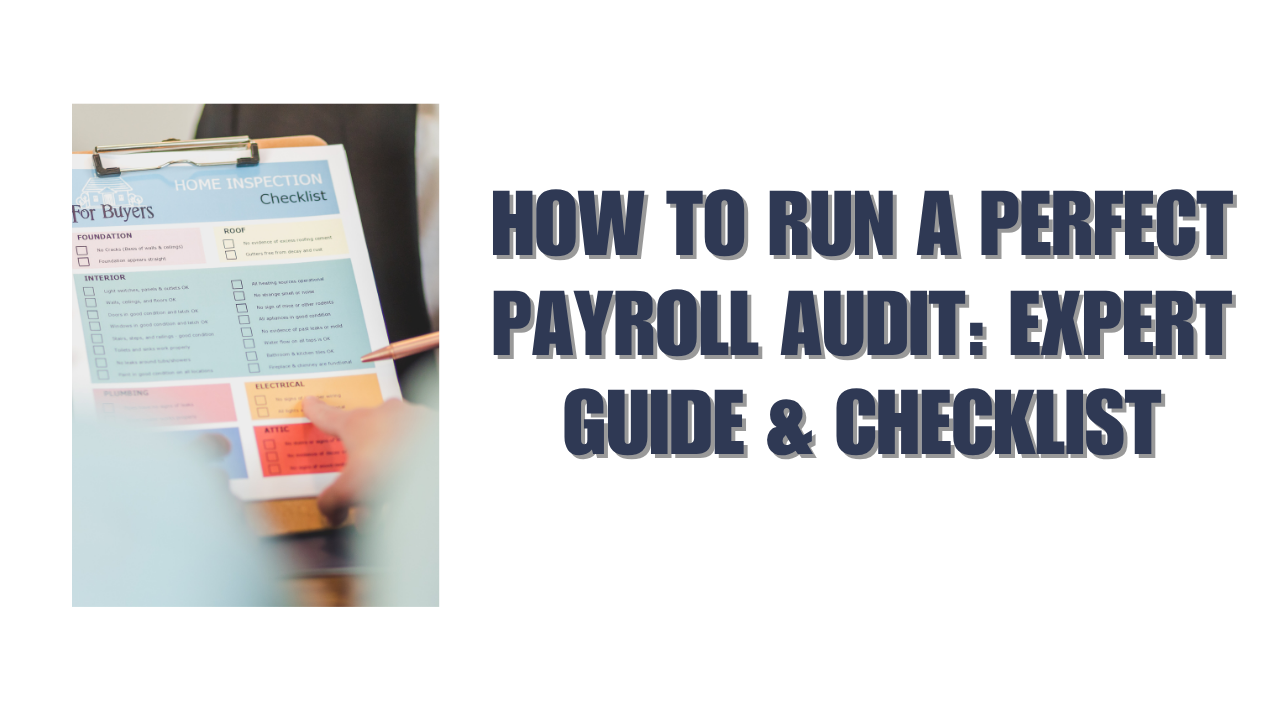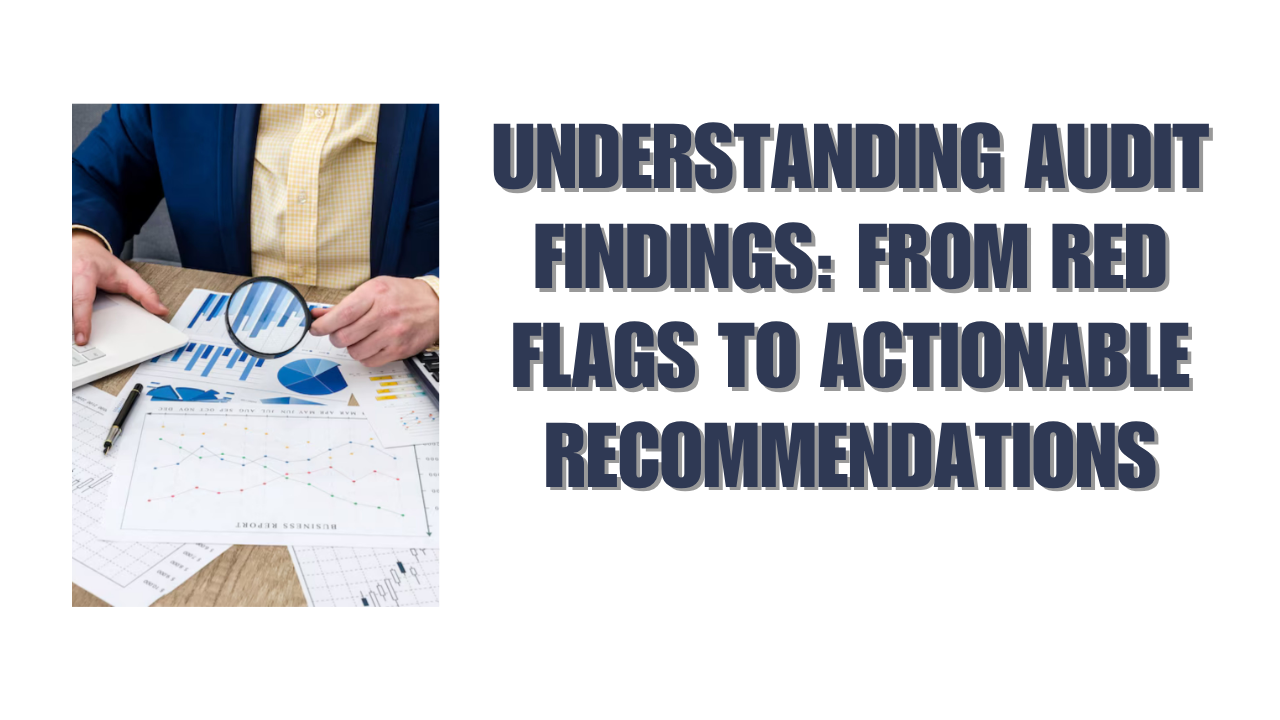Most small businesses in New Zealand leave their tax planning until the last minute. This creates a stressful rush to meet Inland Revenue deadlines.
Financial experts suggest keeping 20% of your income aside for taxes. Many business owners find it hard to create workable tax planning strategies. The complexity can feel overwhelming when you deal with GST input credits, manage group loss offsets, or try to optimize your tax position.
The right approach to tax planning can make this challenge manageable. You can take control of your tax obligations through digital tools, maximize deductions, and stay compliant with the seven-year record-keeping requirement.
This piece will guide you through practical steps that streamline your tax management. You’ll understand important deadlines like the March 31st cut-off and learn proven strategies to optimize your tax position. Tax planning can become less daunting and more strategic for your business.
Understanding Tax Planning Basics
Tax planning is a smart way to manage your business’s finances that helps you legally minimize tax liability while staying compliant. On top of that, it lets entrepreneurs optimize their tax position throughout the year instead of rushing at tax time.
What is tax planning?
Tax planning looks at your business’s financial situation to find deductions, credits, and ways to save on taxes. You need to stay current with tax laws and regulations to keep your business compliant while making the most of available benefits.
Why it matters for entrepreneurs?
Business owners see multiple benefits from smart tax planning. So, a well-executed plan can improve cashflow by reducing overall tax payments. The money you save through effective tax planning can go toward growth initiatives, and you’ll gain a competitive edge through lower operational costs.
Common tax planning mistakes
Tax planning mistakes can get pricey for entrepreneurs. Here are the key mistakes you should avoid:
- When you mix personal and business finances, your accounting gets messy and finding deductible expenses becomes harder
- Poor record keeping means missed deductions and possible audit headaches
- Not knowing about available deductions and credits because you’re either unaware or worried about audits
- Taking on complex tax matters without expert help often leads to expensive mistakes
- Missing estimated tax payments can result in penalties and extra charges
Your tax planning needs regular attention and updates throughout the year. Expert guidance and careful planning help entrepreneurs stay compliant while getting the most from their tax benefits.
Setting Up Your Tax System
A strong tax system starts with the right tools and proper processes. You need to think over your business needs and available resources carefully.
Choosing the right accounting software
The right accounting software is the foundation of effective tax management. Both Xero and MYOB offer complete features tailored for New Zealand businesses. These platforms provide:
- Direct electronic GST filing with IRD
- Automatic bank feed integration
- Payday filing capabilities
- Mobile apps for receipt tracking
- Cloud-based data storage with regular backups
Creating a tax calendar
A tax calendar helps you track significant deadlines and payment dates. Note that if a due date falls on a weekend or public holiday, you can submit your return on the next working day without penalties. Your calendar should include provisional tax payments, GST returns, and employer deductions.
Setting up automatic deductions
Automation of tax processes works best especially when you have compliance requirements and need to reduce administrative burden. Cloud accounting software streamlines payroll calculations, including tax, pay, and KiwiSaver deductions. GST-registered businesses that turn over NZD 102,336.62 annually benefit from systems that automatically calculate the 15% GST on sales and income.
A tax agent or accountant’s expertise during the setup phase is a great way to get both time and cost savings through proper system configuration and training. Note that IRD requires you to keep accurate records for seven years for potential audits.
Smart Deduction Strategies
You need to know which expenses qualify to maximize your tax deductions. Any cost that directly relates to generating business income can lower your tax liability.
Business expenses you can claim
Many business expenses qualify for tax deductions. Your claims can cover rent for business premises, cost of sales, wages, advertising, training, professional development, and interest on business loans. You can also claim telecommunications, utilities, professional memberships, and client gifts – though entertainment expenses are nowhere near full deductibility at 50%.
Home office deductions
Working from home lets entrepreneurs claim part of their household expenses to lower tax obligations by a lot. The IRD gives you two ways to calculate:
The square meter rate method uses a flat rate set by IRD, which for 2023-2024 is NZD 81.61 per square meter. The actual cost method lets you claim a percentage of household expenses based on the area used for business. This covers mortgage interest, rates, insurance, and utilities.
Vehicle and travel expenses
Your vehicle expense claims depend on how you use them for business. Business-only vehicles qualify for 100% of running costs. All the same, mixed-use vehicles need detailed records. The IRD gives you two options to claim:
- Kilometer rate method: NZD 1.77 per km for the first 14,000 kilometers, with lower tier-two rates for additional travel
- Actual costs method: You can claim the business portion of all vehicle expenses if you keep a 90-day logbook
Keeping accurate records is vital for all expense claims. The IRD wants you to keep documentation for seven years, so you can prove all claimed deductions during potential audits.
Using Digital Tools for Tax Management
Technology has changed how we manage taxes. Digital tools give entrepreneurs powerful ways to handle their tax obligations.
Best tax planning apps
Tax management solutions in New Zealand provide complete features for business owners. Xero Tax enables direct filing of GST and annual tax returns and downloads information from Inland Revenue automatically. MYOB Practice Tax runs entirely in the cloud. This allows flexible work arrangements and secure data management.
These platforms offer specialized features:
- Immediate bank reconciliation and automatic transaction matching
- Direct integration with IRD for tax submissions
- Automatic downloads of earnings summaries
- Electronic signature capabilities for client documents
- Built-in compliance checks for data accuracy
Cloud accounting benefits
Cloud-based solutions have changed how businesses manage their finances. These platforms eliminate expensive hardware maintenance costs. Cloud accounting gives you real-time visibility into your financial position.
The advantages go beyond simple bookkeeping. Cloud platforms update tax rates and regulatory changes automatically. Businesses can stay compliant without manual work. Cloud solutions make shared work with tax advisors easier. They can review operating results quickly to plan taxes better.
Security is crucial in cloud accounting. Cloud providers store data in high-security facilities with encryption protection. The system backs up your information right after changes occur. This ensures no data loss during emergencies or technical issues.
Business owners who want efficiency can use cloud-based tax management tools. These tools simplify operations through automated bank feeds and transaction matching. This automation cuts down manual data entry errors and speeds up bank reconciliation. Business owners can focus on strategic growth instead of administrative tasks.
Conclusion
Tax planning is a vital element for business success in New Zealand. Entrepreneurs can turn their tax management from a stressful burden into an efficient process by understanding and implementing simple tax principles.
Business owners maximize their tax benefits and stay compliant with IRD requirements through smart deduction strategies and digital tools. Tax management becomes more efficient with cloud-based solutions that provide up-to-the-minute visibility, automated processes, and improved security features.
Entrepreneurs make informed financial decisions by planning their taxes regularly throughout the year instead of rushing at the last minute. Businesses optimize their tax position and redirect saved funds toward growth initiatives with this proactive approach, supported by the right digital tools and proper record-keeping.
Note that successful tax management depends on attention to detail and current tax regulations. Long-term financial success awaits business owners who maintain accurate records, understand available deductions, and leverage appropriate digital tools.
FAQs
Q1. What are the income tax rates for sole traders in New Zealand?
Income tax rates for sole traders in New Zealand are progressive, based on their annual income. From April 1, 2025, new tax rates will be implemented. It’s advisable to consult with a tax professional or check the Inland Revenue website for the most up-to-date information on specific tax brackets and rates.
Q2. How do self-employed individuals pay taxes in New Zealand?
Self-employed individuals in New Zealand typically pay taxes through the provisional tax system. This involves paying income tax in installments throughout the year or in one lump sum. Alternatively, contractors may have tax deducted from their pay. It’s important to maintain accurate records and set aside funds for tax payments.
Q3. Can sole traders in New Zealand pay themselves a salary?
Technically, sole traders cannot pay themselves a salary or wage as they are not employees of their business. Instead, they withdraw money from the business as needed. It’s crucial to keep personal and business finances separate and maintain proper records of all withdrawals for tax purposes.
Q4. What is the corporate income tax rate in New Zealand?
The corporate income tax rate in New Zealand is 28%. This rate applies to companies, but it’s important to note that different tax structures and rates may apply to other business entities such as sole traders or partnerships.
Q5. What are some key tax deductions for entrepreneurs in New Zealand?
Entrepreneurs in New Zealand can claim various tax deductions, including business-related expenses such as rent, advertising, wages, and professional development costs. Home office expenses, vehicle costs, and travel expenses may also be deductible. It’s essential to keep accurate records and consult with a tax professional to ensure you’re claiming all eligible deductions while remaining compliant with tax laws.





